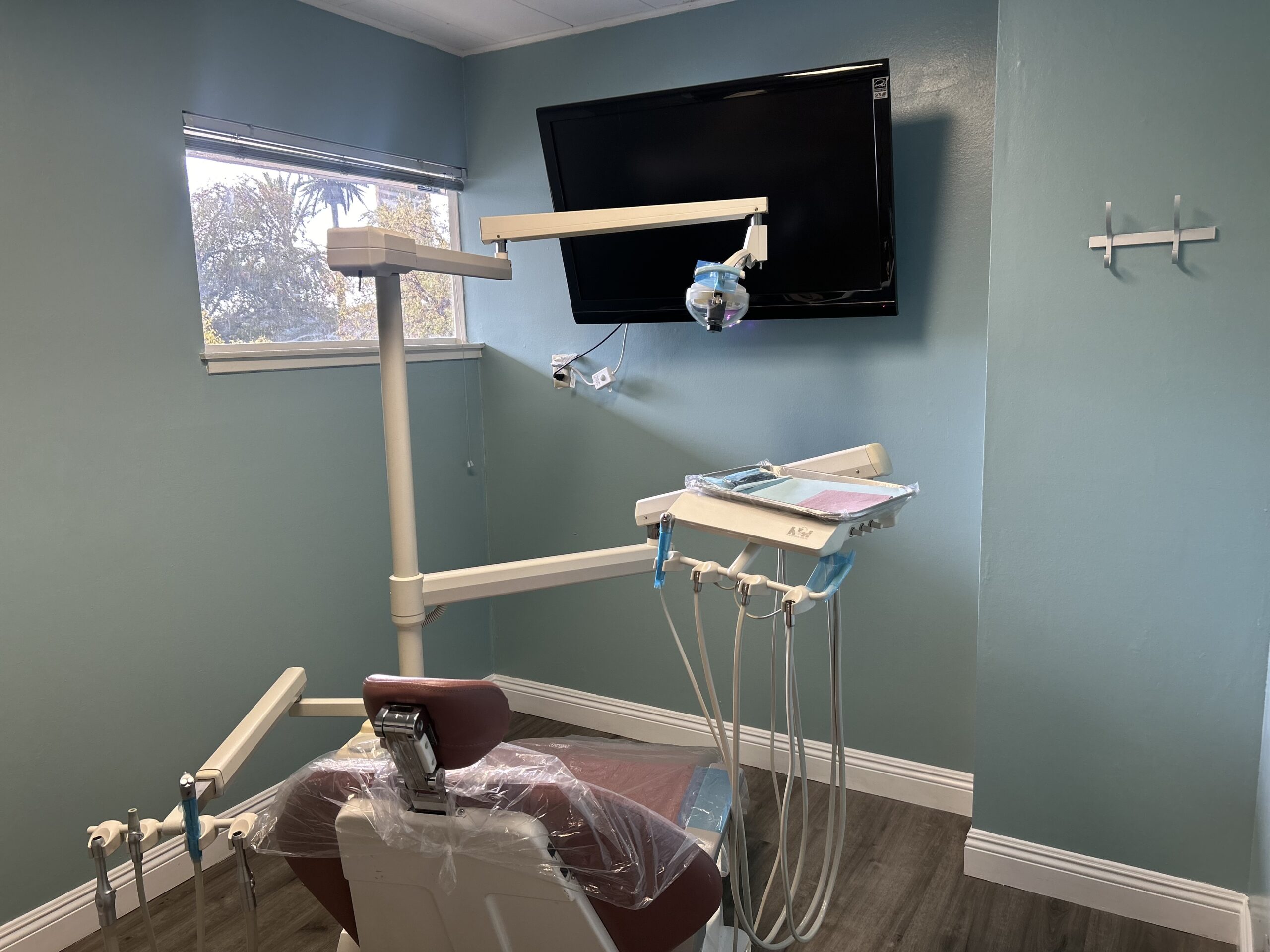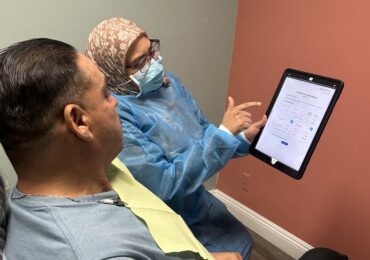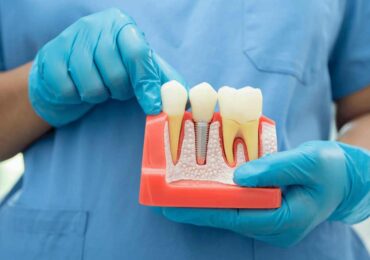When faced with tooth decay or a painful tooth throb, our first thought is often to get the tooth extracted. But is tooth extraction always the best option? Dental therapy or root canal is becoming an increasingly powerful solution for toothache and infection.
Unfortunately, myths about root canals, such as fear of pain, cost concerns, and potential aesthetic problems, can increase treatment delays, permanent tooth loss, and dental anxiety.
This article dispels these myths by presenting the facts and guiding you in deciding between root canal treatment and extraction.
Root Canal vs. Tooth Extraction: Making the Right Dental Decision
Both extraction and root canal have their specific purposes and offer unique benefits. And understanding when each of these procedures is recommended, and the steps involved can help you choose the most suitable method for your needs.
Root Canal (Endodontic Treatment)
According to the American Association of Endodontists, root canal or endodontics is a dental treatment that aims to save a tooth suffering from severe infection or inflammation of the gums. The word “endodontic” comes from the Greek words “endo” (within) and “odont” (tooth).
During a root canal, the endodontist removes the diseased or inflamed tooth, carefully cleans and shapes it, and then fills and seals the space. After this, the dentist applies a crown or other restoration to protect and restore full function, typically allowing the patient to chew and bite.
Although all dentists are trained in dentistry, periodontists are often referred for complex cases. Periodontists specialize in the tooth’s health, giving them the expertise to manage complex root canals effectively.
Symptoms that may indicate the need for a root canal include severe pain when chewing or biting, gum ulceration, torn or cracked teeth, prolonged hot or cold sensitivity, swollen or tender gums, and extensive or black decay.
The cost of root canal treatment can vary based on many factors, including the tooth’s location. A root canal can range from $500 to $1,500 or more per root canal.
Despite the misconceptions about this treatment, most endodontic procedures are painless, effective, and safe. With modern techniques and anesthesia, most patients report feeling better during the process. Your teeth are expected to experience sensitivity for the first few days after the treatment. But do not worry; as long as you follow your endodontist’s instructions carefully, it will heal properly.
Tooth Extraction
On the other hand, tooth extraction is a dental procedure that involves completely removing a tooth from its socket in the jawbone. It is usually recommended in cases where the tooth is severely damaged, decayed beyond repair, or infected.
Dentists or oral surgeons are responsible for carrying out this procedure. The cost of tooth extraction varies based on factors such as the severity of the tooth, the location of the tooth, and the need for sedation or anesthesia.
The average cost of a tooth extraction can vary from $75 to $300 per tooth depending on factors such as the complexity of the extraction and whether calming medications are required.
Tooth extractions are typically performed under anesthesia, which means the patient shouldn’t feel any pain during the procedure. However, they may experience some pressure.
After the procedure, some discomfort or pain may occur, but it can usually be managed with over-the-counter pain medications. Although there may be some discomfort, the procedure is generally considered not to be too painful.
When deciding between root canals and tooth extraction, it’s essential to collaborate with your dentist. While endodontists and oral surgeons may provide professional recommendations based on tooth condition, your input and preferences matter, too.
Ultimately, deciding to extract or preserve tissue depends on clinical judgment and your preference. Both techniques aim to restore oral health and function, so it’s essential to understand the differences to make the best decision for your specific situation.
In the next section, we’ll explore the treatment aspects of both options and provide a comprehensive comparison to ensure you make the right choice for your dental care.
When Do Dentists Say to Save a Tooth or Pull it Out?
Several factors are considered when deciding whether to perform extraction or root canal treatment on a tooth, including:
- The extent of damage or decay
- Presence of infection or inflammation
- The structural integrity of the tooth
- Overall oral health of the patient
- And the dentist’s measurement time length prognosis.
This decision is typically made after a comprehensive assessment of the tooth’s overall condition and taking measurements to determine the most appropriate course of action.
Ultimately, the goal is always to preserve the tooth when possible while ensuring the patient’s overall dental health and comfort.
While preserving the tooth is generally preferred, there are cases where it may not be feasible or practical. Extensive decay, severe tooth decay, or advanced periodontal disease can cause irreparable damage to the tooth, making tooth extraction the most feasible solution.
Why Proper Diagnosis and Treatment Matters
Getting the right diagnosis and treatment can prevent further complications and expenses in the future. If dental problems are left untreated, they can lead to extensive treatments such as dental implants or bridges, which can be much more expensive than root canal treatment.
Moreover, preserving natural teeth through root canal treatment helps maintain jawbone density and prevents deformation of adjacent teeth. This can affect bite and overall oral health.
In the long term, investing in root canal treatment can result in fewer dental issues and comparatively lower costs as opposed to extraction and replacement procedures.
When deciding between dental implants and extractions, it’s important to consider both immediate costs and long-term outcomes. Although dental implants may seem expensive initially, they offer significant benefits in preserving oral health and function over the long term.
The Role of Upland Dentists in Getting the Right Treatment
Preventive dental care is not just about fixing problems when they come up. Taking care of your teeth from the get-go is just as important. Going to regular check-ups, keeping your mouth clean, eating a balanced diet, and following up with your dentist are all crucial elements of making sure your teeth stay healthy for the long haul. By focusing on preventive care and catching problems early on, you can avoid dealing with more intensive procedures down the line and keep your teeth looking great.
If you’re experiencing tooth pain or have questions about your dental health, contact us at Upland Dental Practice today.
Talk to our Dentist
Recent Articles
- 1
- 2
- 3
- 4
- 5
- 6
- 7
- 8
- 9











